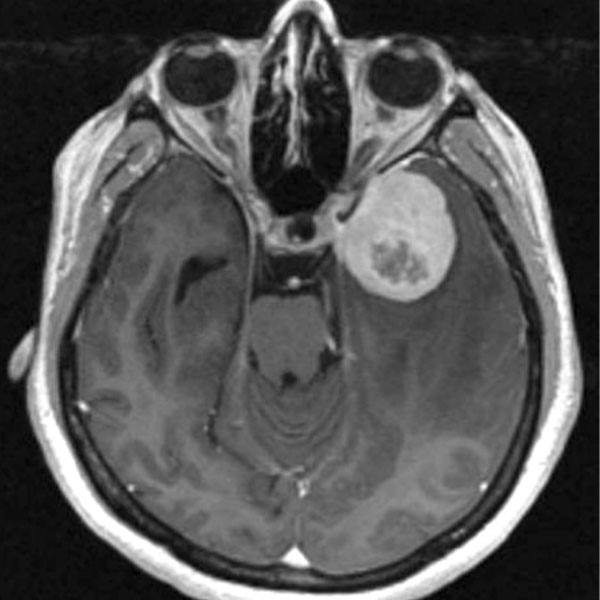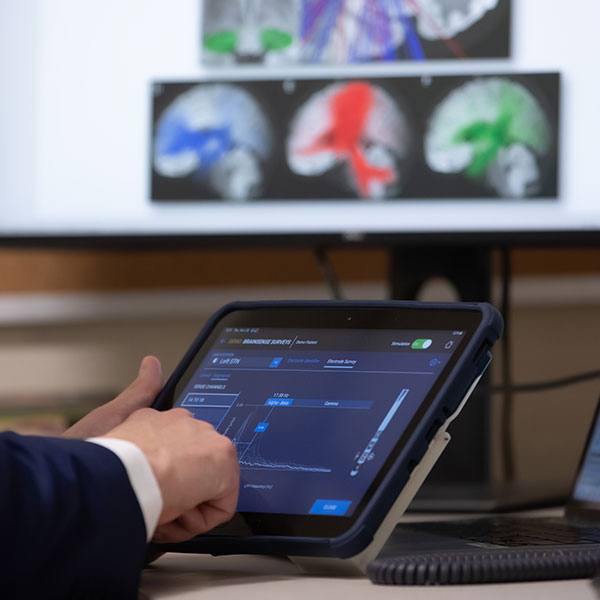-
Mayo Clinic Poll Shows Half of Americans Would Consider Donating a Kidney to a Stranger
ROCHESTER, Minn. — Good news for anyone needing a transplant; a new Mayo Clinic survey shows that the public's support for both living and deceased organ donation is increasing. Eighty-four percent of respondents said they would be very or somewhat likely to consider donating a kidney or a portion of their liver to a close friend or family member in need, and an astounding 49 percent said they would be very or somewhat likely to consider donating a kidney to someone they have never met, which is often referred to as altruistic or "Good Samaritan" kidney donation.
VIDEO ALERT: Video of Dr. Prieto is available on the Mayo Clinic News Network.
"This is really encouraging news," says Mikel Prieto, M.D., surgical director of the kidney and pancreas transplantation programs at Mayo Clinic in Rochester. "As living organ donation becomes more widely known and accepted, and as the safety and surgical proficiency continue to improve, we hope that more people will come forward and offer to help loved ones who need kidney and liver transplants. It's also very heartening to hear that the willingness to consider donating a kidney to a stranger has increased so significantly."
Dr. Prieto recommends that people who need kidney or liver transplants should make others around them aware of that need. "The data show that most people would be willing, and they may be more likely to step forward if they're aware that a friend or family member needs a transplant," he adds.
Advances such as laparoscopic kidney donation and a better understanding of liver regeneration are helping to make living donation safer for donors and, hopefully, are reducing the amount of pain and recovery time. Paired kidney exchanges, positive cross-match and ABO incompatible transplants are increasing the opportunity for people to donate even when they are not a match for their own loved one.
These findings were part of a national survey by ORC International on behalf of Mayo Clinic in late March.* A 2001 Gallup survey found that 76 percent of respondents would probably donate a kidney to a close friend with renal failure, and 24 percent said they would give one to a stranger. Compared to the 2001 survey, the Mayo survey shows willingness to donate to a close friend or family member has increased significantly, and willingness to donate to a stranger has more than doubled.
Consistent with other national research, the 2013 Mayo Clinic survey also shows that 61 percent of respondents would want their organs donated upon their death, and 51 percent say they have formally indicated their wishes by registering as an organ donor. Respondents ages 35–44 were more likely to want to donate after their death than any other age group. This data suggests that the older population may be unaware that organ donation generally has no age limit, and donation may still be possible even for those with a history of cancer or other serious medical conditions.
"Here at Mayo Clinic, we have successfully transplanted organs from donors who are in their 70s and 80s, providing an amazing gift of life to older or very sick recipients who may not have lived long enough to receive another organ," says Dr. Prieto.
"Organ and tissue donation are generous gifts that save lives and offer hope and healing. At the time of donation, the medical team conducts evaluations to ensure the best possible outcomes for potential recipients," says Susan Gunderson, CEO of LifeSource, Upper Midwest Organ Procurement Organization. "We encourage everyone, regardless of their age, to consider donation and document their wishes on their state's donor registry."
April is National Donate Life Month, and Mayo Clinic wants to raise awareness about organ, eye and tissue donation and encourage Americans to make their wishes known by designating on their driver's license, state registry or living will and talking with family and close friends about those wishes. More than 118,000 people in the U.S. are waiting for an organ transplant. Thousands more need corneas, valves and other tissues. Signing up is as simple as checking 'Yes' for donation when applying for or renewing a driver's license or identification card. A person also can get more information and sign up as an organ, eye and tissue donor by visiting Donate Life, a not-for-profit alliance of local affiliates and national organizations dedicated to inspiring all people to donate life through organ, eye and tissue donation. Gifts of bone marrow, blood or blood products can be donated while you are alive.
Mayo Clinic has one of the nation's largest and most experienced transplant practices, with campuses in Minnesota, Arizona and Florida. Over 200 doctors in transplant medicine and surgery perform about 1,800 transplants a year, and have a long track record of excellent outcomes.
*The survey was conducted March 21-24, 2013 by ORC International, with 1,004 adult Americans questioned by telephone. The survey's overall sampling error is plus or minus three percentage points. The sample includes 654 interviews among landline respondents and 350 interviews among cell phone respondents.







